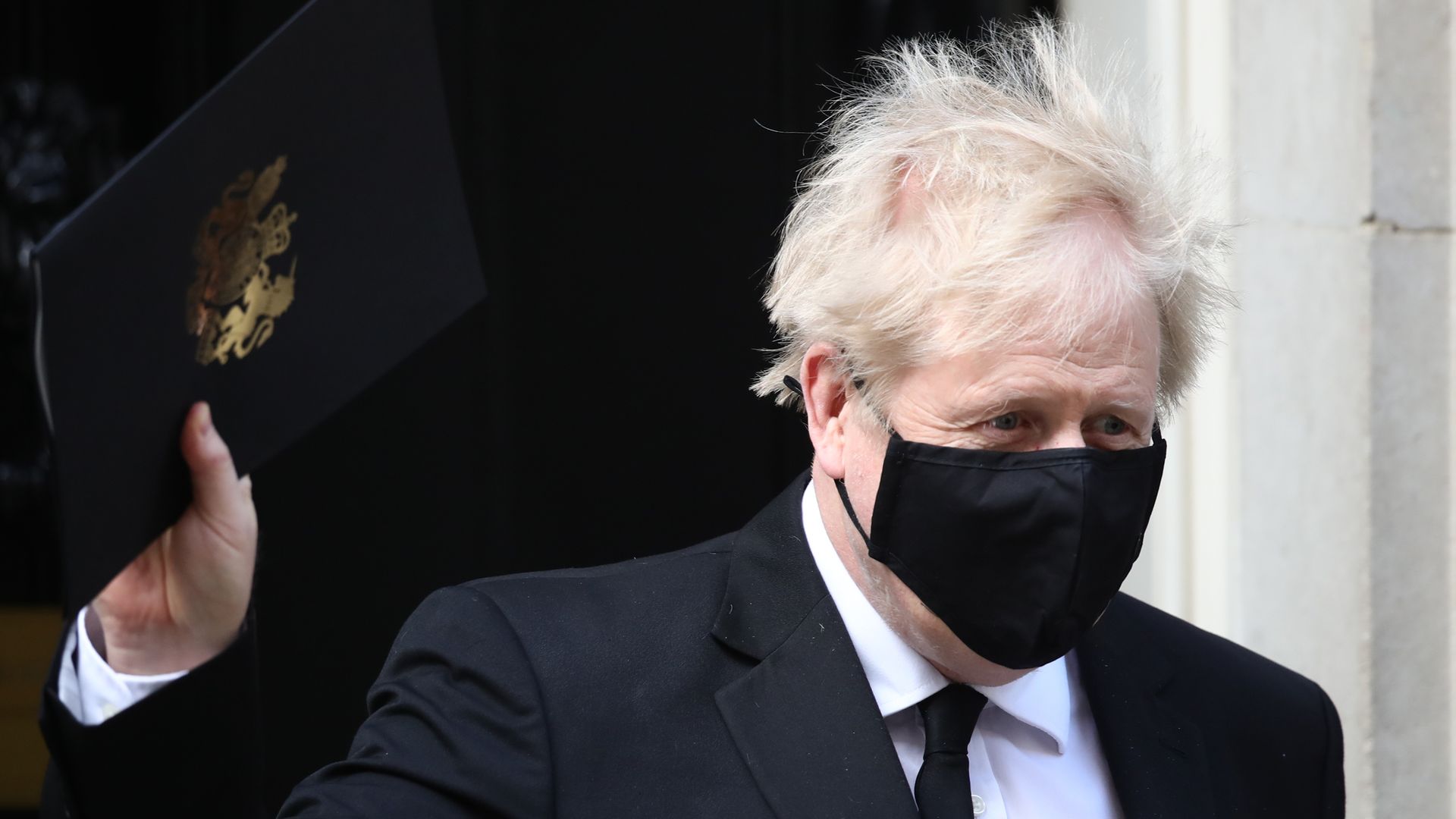The name Nigel risks extinction in the UK. My generation of Nigels may be the last one. Data from the Office for National Statistics show that its popularity as a baby name has fallen from a high of more than 5,000 in the 1960s to at most two in 2020. It’s easy to blame this on the visibility of Nigel Farage these last few years, the idea that he has tainted the name, but as some people, bizarrely, seem to like him, that can’t be the whole story. And this decline has been happening for far longer than he’s been in the news. But even if it hadn’t, correlation is not cause and it’s quite difficult to disentangle what’s going on.
Name popularity is fickle. It’s easier to point to a sitcom star’s name as the cause of a surge than to pinpoint why another name is in decline.
Names have connotations. They reveal social status and origins. When I was growing up Nigel was a lower-middle class name. It was perfect for the lyrics of the 1979 XTC hit Making Plans for Nigel in which Nigel’s parents map out a life for him working for British Steel, probably as a middle manager. A life of tedium.
The sort of parents who chose to call their son Nigel were often the sort who nudged or shunted their children into a safe middle-class career (I can vouch for that). Colin Moulding, who wrote it, describes the song as “an Alan Bennetttype vignette about someone who’s a bit put upon”.
“The name felt very English,” he said. Upper middle class children were christened Nigel too in those days – like the actor Nigel Havers, or the fictional ‘chinless wonder’ Nigel, Alison’s ex-Sandhurst politician brother in John Osborne’s play Look Back in Anger – but these were far rarer.
Famous Nigels were all in sport: Nigel Mansell, Nigel Benn, Nigel StarmerSmith, and later Nigel Clough. Rugby union was full of Nigels.
Elsewhere Nigels were thin on the ground, though there was the maverick violinist Nigel Kennedy, a nice precedent in terms of artistry, originality, and iconoclasm.
Why haven’t there been any famous Nigels in philosophy, though? I can’t name one. Contrast that with all the Johns: Locke, Mill, Dewey, and Rawls, for starters.
Perhaps it’s simply a social class thing. Male philosophers mostly have upper and upper middle class backgrounds. In the 20th century many had studied Latin and Greek at public school. But social class might not be the whole story. Perhaps our names sometimes influence and even determine what we become through some kind of unconscious force. That sounds a far-fetched hypothesis, but there is evidence to support a degree of nominative determinism, the idea that at least some of us gravitate towards careers that are hinted at by our names. Carl Jung speculated that Sigmund Freud was attracted to the study of pleasure because his surname meant ‘joy’ in German, and Jung himself (‘young’) wrote about rebirth.
Classic cases of presumed nominative determinism include a paper on incontinence in the British Journal of Urology by A.J. Splatt and D. Weedon, the former Lord Chief Justice Igor Judge, and the philosophers (sic.) John Wisdom (improbably, there were two John Wisdoms in philosophy, one at the LSE, known as J.O. Wisdom, and another at the University of Cambridge).
What’s that got to do with the name Nigel, though? My suggestion is that if your first name is Ludwig (as in Wittgenstein), Bertrand (as in Russell), or perhaps Iris (as in Murdoch) you might feel drawn to the subject when you first learn about these thinkers.
The absence of famous Nigels in philosophy could in part be because there are no famous precedents, making it harder for any young Nigel to see himself as a future deep thinker.
Contrast that with the name Socrates. It is no surprise that the great Brazilian footballer Sócrates Basileiro Samapio de Souza Vieira de Oliveira (for obvious reasons known as Sócrates) was highly intelligent, and, as well as being a trained doctor, involved in politics – unlike his namesake, though, he was firmly on the side of democracy.
Even in football he was renowned as a thinker, a technical midfield playmaker, and was described as ‘the brain of Brazil’.
Qualities of the Athenian thinker seem to have been transferred to him simply by the choice of his name. More recently, another Brazilian footballer Jesus Gabriel has been rumoured to wear the number 33 shirt because that was the age at which Christ was crucified.
What’s in a name? Potentially quite a lot, perhaps.



